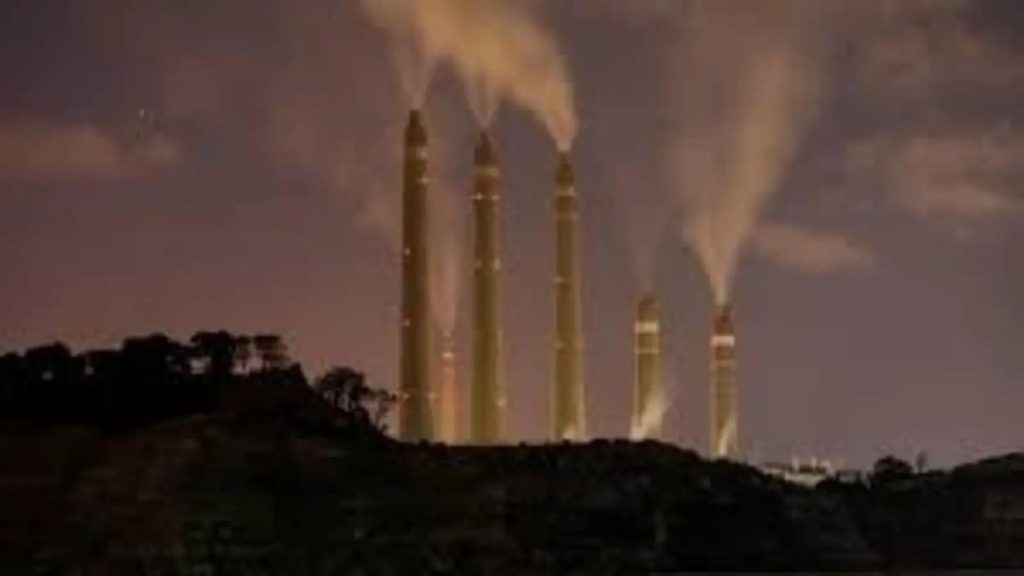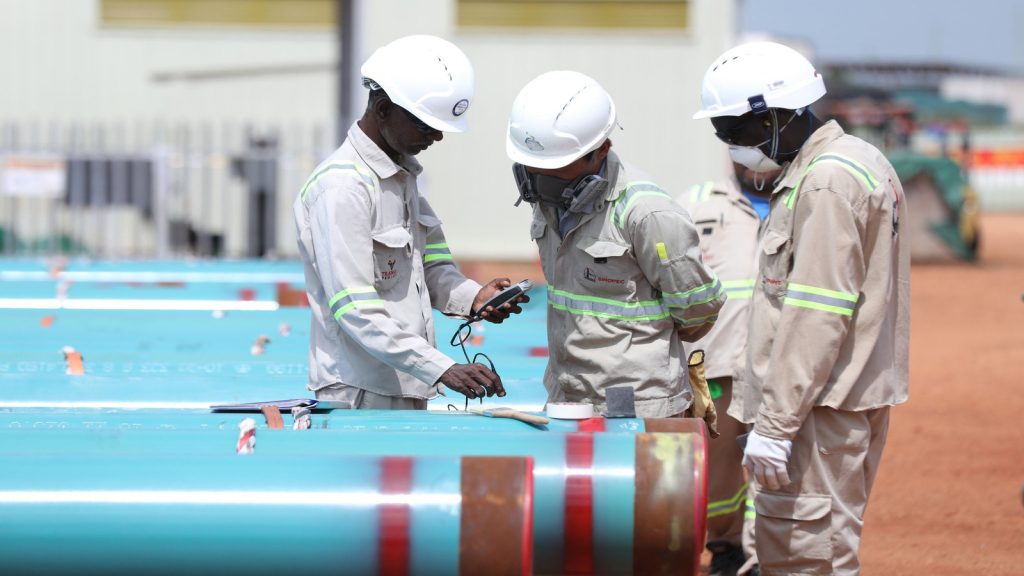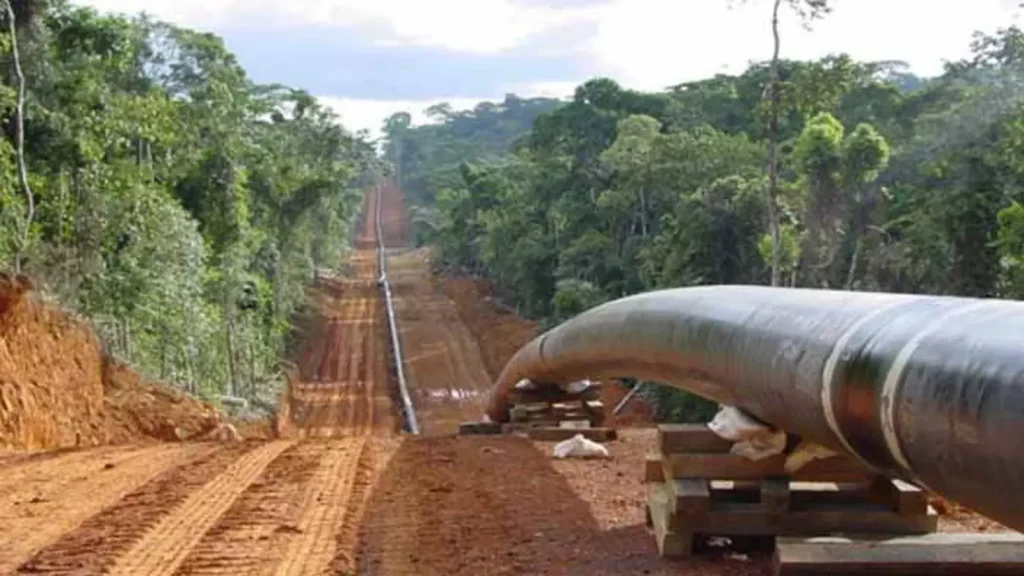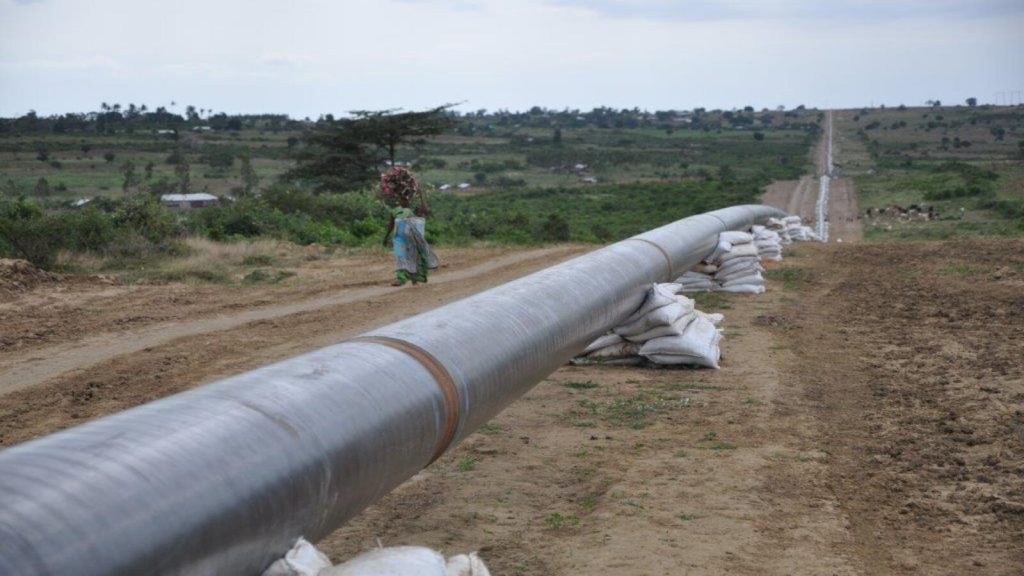Luweero’s Gas Cylinder Plant Has Been Inaugurated

The new facility, located near Bombo town on the Kampala Gulu Highway, was commissioned on Thursday by the Minister of Trade, Industry, and Cooperatives, Francis Mwebesa.
President Museveni Says Fuel Import Reform Was Long Overdue

The President questioned why the whole country would buy from intermediaries in Kenya or elsewhere.
Vitol to Assume Control of Uganda’s Petroleum Supply.

Energy Minister Ruth Nankabirwa thundered a statement of liberty, pointing out that a startling 90% of Uganda’s petroleum imports currently pass through the complicated routes of Kenyan affiliates.
She declared, “Uganda will no longer be bound by the caprices of supply interruptions and excessive pump costs,” removing the constraints of the antiquated framework.
The Importance of the Petroleum Supply Amendment Bill and its Immediate Requirement
She clarified that the proposed Petroleum Supply Amendment Bill 2023 is a crucial tool for addressing and resolving important concerns in the petroleum supply sector as her ministry navigates the delicate convergence of environmental sustainability, national security, and economic stability.
EU Pledges 60 Million euros to Upgrade Ugandan Power Plants.

The EU’s ambassador to Uganda, Jan Sadek, gave a compelling speech at a mining conference in Kampala to introduce this revolutionary project. “We intend to invest approximately 60 million euros towards the restoration of Kiira and Nalubaale hydropower plants, with the goal of securing dependable energy for Uganda’s industrial development.”
Kingfisher Project Operations has Resumed

By the year 2025, Kingfisher, a symbol of hope, will have completed its building phase and will be a commercial powerhouse.
Resuming Oil Drilling Operations at Kingfisher

In abrief statement, Ernest Rubondo, the Executive Director of the Petroleum Authority of Uganda, stated that the Authority had reviewed and realigned the safety standards with the operator for a general improvement in the HSE culture and practices during operations.
Oil Investments Stabilize The Value Of The Dollar

According to Michael Atingi-Ego, deputy governor of the Bank of Uganda, oil investments have helped Uganda stabilize its US Dollar exchange rate.
China to preserve the Uganda oil pipeline

The pipeline, which “is the largest portion – above 50% of the debt,” is being funded by Eximbank in partnership with Sinosure, the Chinese government’s state-owned provider of export credit insurance, according to the ministry’s permanent secretary, Irene Bateebe.
Uganda’s Ambitious Energy Program Seeks To Achieve 80% Connection

The policy’s main goal is to increase national connectivity from 19% to an amazing 80% by 2040, which is expected to spur economic growth and draw substantial investments.
